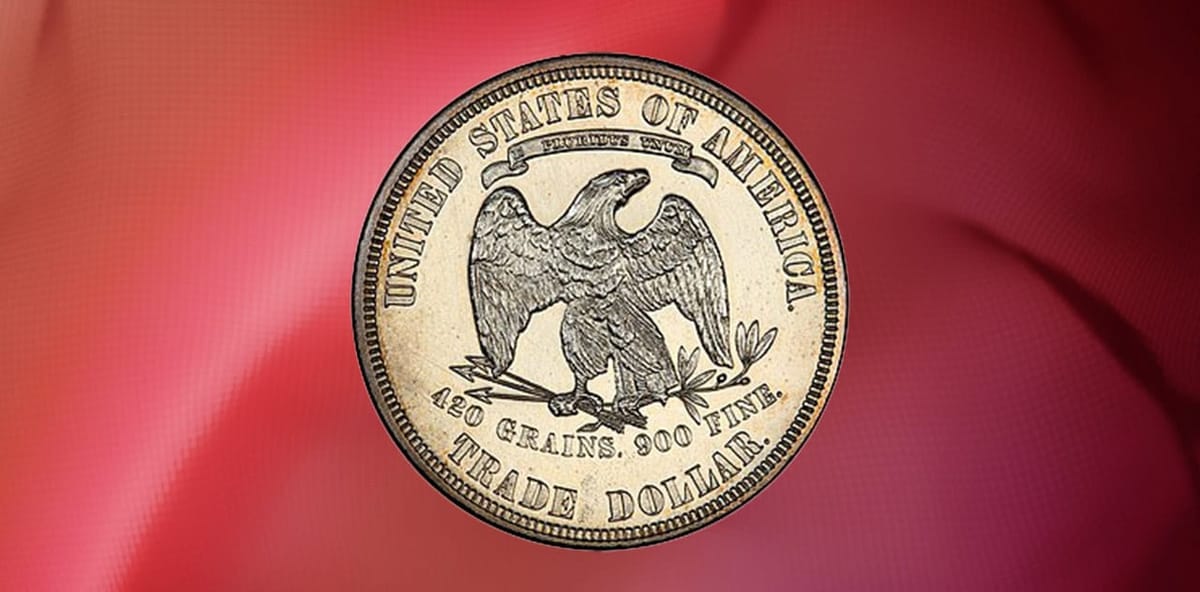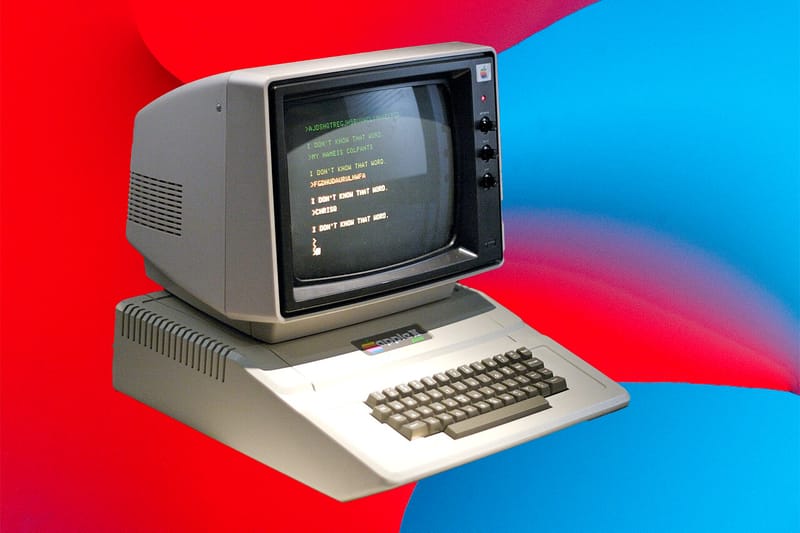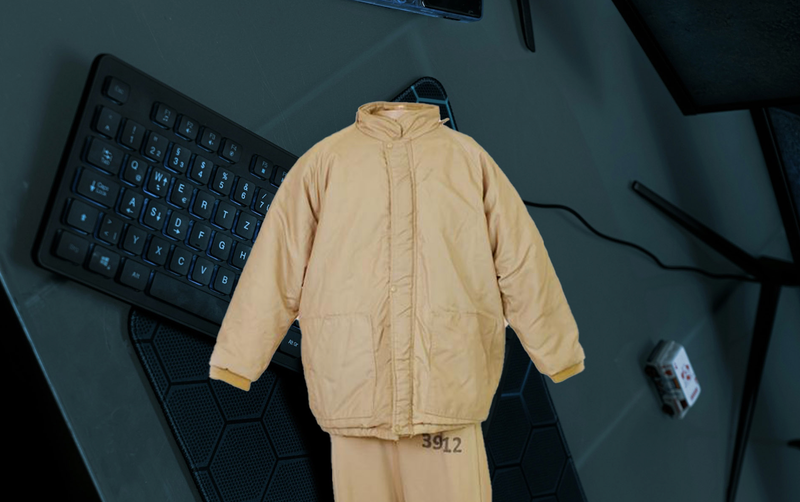Samourai Wallet Developers Plead Guilty To Unlicensed Money Transmission
The developers had reaffirmed their not-guilty plea as recently as last week. Money laundering charges will be dropped as part of the plea.
Keonne Rodriguez and William Lonergan Hill, who developed the Bitcoin privacy wallet Samourai Wallet, have plead guilty to unlicensed money transmission in a New York courthouse today. The developers were charged with conspiracy to commit money laundering and conspiracy to operate an unlicensed money transmitting business last year and could have each faced up to 25 years in prison. The money laundering charge will be dropped. The plea agreement is expected to be finalized by October.
Rodriguez has been ordered to pay a $250,000 fine, while Hill faces a fine of $400,000. In total, $237 Million will be forfeited to the Government. Sentencing for Rodriguez is set for November 6th, while Hill will be sentenced on November 7th. Both are facing a maximum of 5 years in prison, with 3 years of supervised release. Rodriguez has been allowed to go home, but is under curfew. Hill, who currently resides in Portugal, may not leave the US, and his passport has been confiscated.
Just last week, the Samourai Wallet team had reaffirmed their not-guilty plea in front of Judge Denise Cote. Their trial had been set for early November. The developers will not appeal if the sentencing is five years or less, which is the maximum charge for the offense.
Today's hearing was held at the same time as closing arguments in the criminal case against Tornado Cash developer Roman Storm. Storm faces the same charges, plus an additional charge of conspiracy to violate sanctions.
Transmitting Funds on Behalf of the Public
Hill and Rodriguez plead guilty to have engaged in a conspiracy to knowingly transmitting funds on behalf of the public that were derived from criminal activity under Count Two of the indictment. During the hearing, the Government presented evidence of a Tweet soliciting funds from Russian oligarchs.
During the hearing, Rodriguez stated to have operated a service called Samourai Wallet which allowed users to move bitcoin from one address to another and obscure the transaction. He stated that he came to know that some proceeds came from criminal activity and continued Samourai Wallet operations and marketed the service to the public. He additionally stated that he knew that the criminal proceeds would be obscured.
Rodriguez stated that he wasn't sure whether any Samourai Wallet users resided in the Southern District of New York, a question relevant to venue, but that there was a good bet that there was. The Government stated to have evidence of 100,000 downloads by Samourai Wallet users, including some in SDNY. The Goverment additionally stated that there was a hacker who used Samourai Wallet who was located in SDNY. If this were to go to trial, the Government was prepared to provide evidence of blockchain records, business records, and testimony to this fact. In total, the Government stated to have evidence of $200 Million in criminal proceeds flowing trough Samourai Wallet, including funds from the darknet market Silk Road.
Notably, the hearing made no mention of FinCEN, which had previously been at the heart of the dispute of the unlicensed money transmission charge. Earlier this year, the developers were faced with a new indictment, which additionally alleged that Samourai Wallet transmitted drug trafficking proceeds.

A Win for DOJ
Earlier this year, the Samourai Wallet developers had filed a motion to dismiss the case. At the heart of the dismissal were communications disclosed during pretrial proceedings between the federal regulator FinCEN and SDNY prosecutors. According to filings, prosecutors had contacted FinCEN ahead of bringing charges against the developers, inquiring about the validity of charging non-custodial software developers with federal licensing violations.
"A mixer like Samourai that does not take custody of the cryptocurrency by possessing the private keys would strongly suggest that Samourai is not acting as an MSB [Money Service Business]," FinCEN responded. In internal emails, prosecutors additionally described the unlicensed money transmission charges as "a difficult argument to make for us."
The Government argued in turn that FinCEN's views on Samourai Wallet were irrelevant, as the prosecution had dropped the federal licensing violation in the case. The dropping of federal licensing violations followed a memo issued by Deputy Attorney General Todd Blanche in April, which specified that cryptocurrency mixers should not be charged for licensing violations.
The decision to drop federal licensing violations was welcomed by the cryptocurrency community, but may have done the developers more harm than good, as much of the defense's case relied on unclear interpretations of FinCEN guidance. With FinCEN out of the picture, the argument that the law has been unclear as to money transmission guidance for cryptocurrency developers turned invalid.
But the developers continued to be charged under another part of money transmission law, which criminalizes the knowing transmission of illicit proceeds, to which the two now plead guilty. While the developer's guilty plea may not set case law precedent, it will surely affect legislative efforts to keep non-custodial software developers safe from being charged with money transmission violations overall.
Similar issues were faced by Tornado Cash developer Roman Storm, who too believed to be following the law as interpreted by FinCEN. At trial, the judge in Storm's case denied any mention of the regulatory agency, including disallowing evidence of chats between Storm and investors, showing that even well versed venture capitalists interpreted FinCEN's guidance to mean that Tornado Cash was following the law.

Independent journalism does not finance itself. If you enjoyed this article, please consider making a donation. If you would like to note a correction to this article, please email corrections@therage.co









